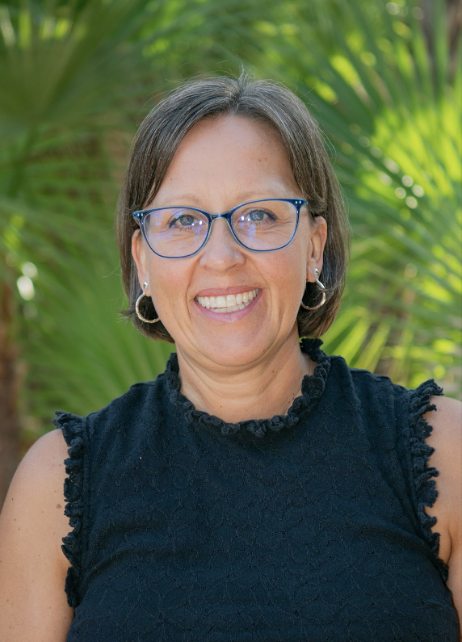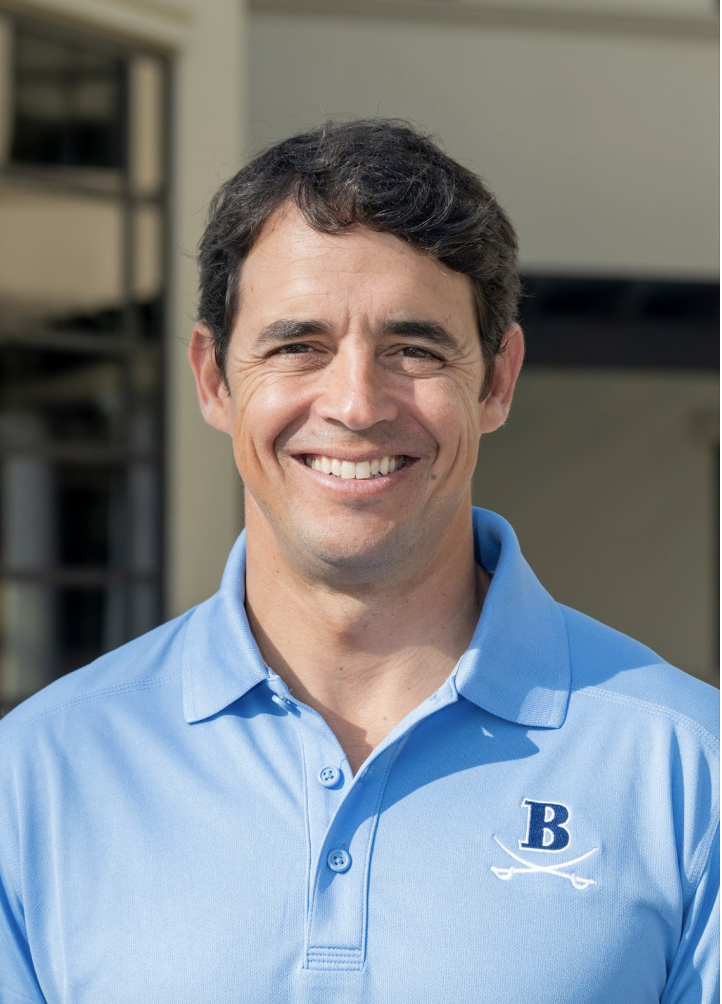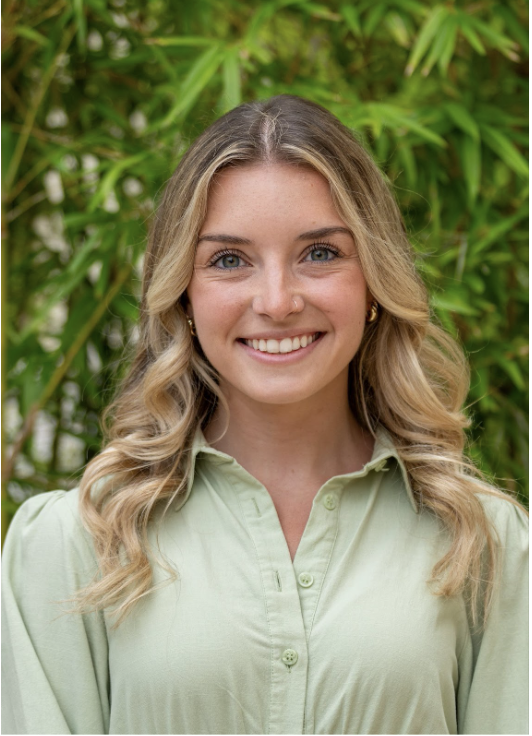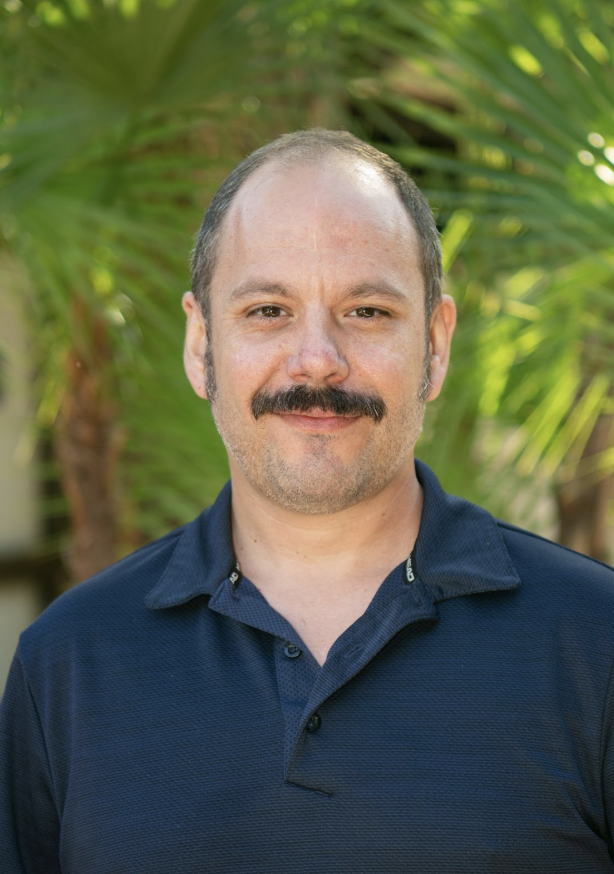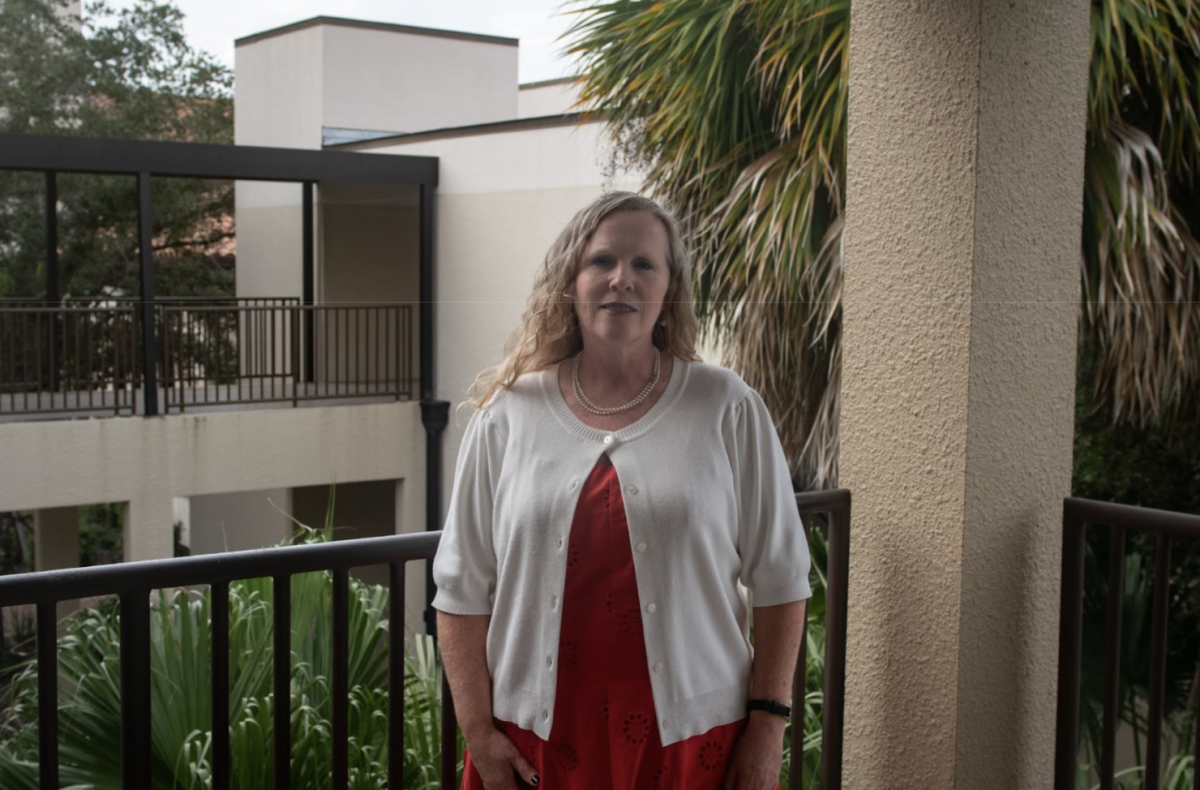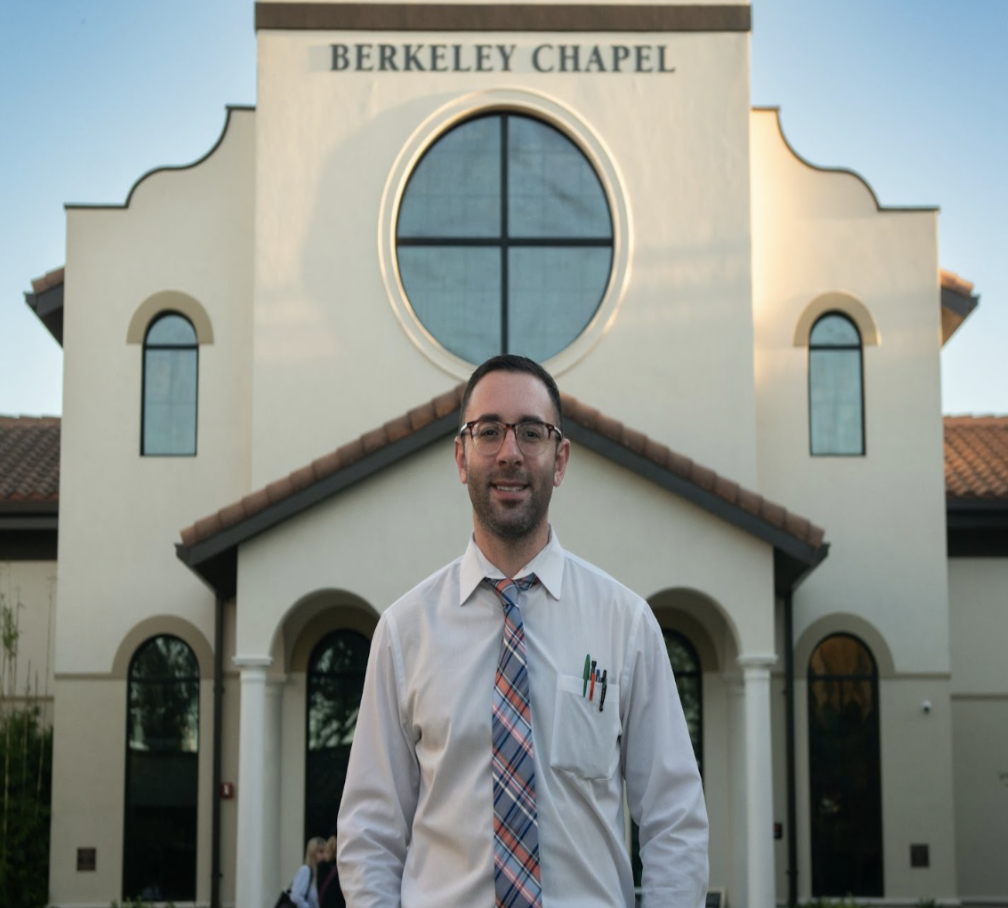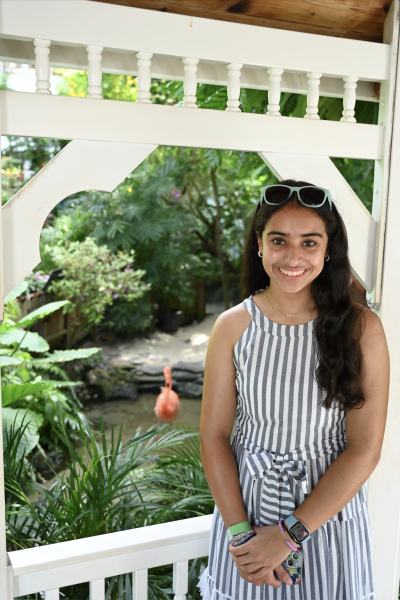“Learn to fish” is the mantra Upper Division Assistant Debate Coach Stefan Bauschard follows and he encourages others to do the same!
With over 40 years of experience in debate, Bauschard joins the avid Berkeley debate community! He has coached all kinds of debate, not only in the United States but also in China, the Dominican Republic and Korea. He has worn multiple hats in the activity, from debating to judging to organizing to coaching, keeping him interested in the art of argumentation.
Although Covid-19 set back many industries, debate found a way to thrive in the chaos through online platforms. In fact, Bauschard helped run one of the first online tournaments that over 600 people participated in, and then another tournament with over 6000. He fostered connections among people despite the barriers of isolation introduced by the disease outbreak.
When asked if he had any rituals before going into a tournament, he mentioned preparing the Dropbox and checking in with the team because his focus lies in the preparation of the team. He feels especially aided by Dr. Kevin Kuswa’s organization, whom he has known since his days debating college. The main questions that remain on his mind before a tournament are, “Are we prepared for all the arguments? Have people had enough practice? Have we gone through the scouting material?” because there is always more that can be done to prepare with the nature of debate.
Maintaining and perfecting his coaching style, Bauschard uses his mantra to inspire others around him. He finds that the process of debate can be both discouraging and encouraging, saying, “There aren’t too many people who go through debate saying there’s nothing more to challenge. There’s always more.” He also explains his “three-word style,” stating, “We’ve all put arguments in the pond. You have to go to the pond to get the arguments…You have got to catch the fish and you have got to eat it.” Bauschard describes that pooling work is necessary to succeed in debate, as there is a work effort that each member has to keep pushing.

He enjoys debating against debaters to get practice with new arguments. When asked if there is anyone, historical or living, that he would like to debate, he stated political figures, like President Donald Trump, because he wants to engage in different techniques of argument.
A topic he is currently very interested in is artificial intelligence, because he feels that “it is creating a pretty fundamental transformation of society.” As a hobby over the summer, he recorded interviews with AI professors to upload to his podcast, which posts weekly. He additionally has a book chapter being released in the fall: “Chapter 5: Building Robust Artificial Intelligence Through Multi-Agent Debate” (Bauschard) in “AI Pluralism – Fostering Diversity and Dialogue in Artificial Intelligence” (Palgrave).
At Berkeley, he hopes to expand the debate team and build up the Middle Division debaters to prepare them to continue in the Upper Division program. As his final piece of advice, he said, “learn to debate,” so that people can question the truth, especially with AI chatbots that could be spewing incorrect information. He explains that the activity allows diverse expression of ideas that can help people think more critically about conceding and refuting topics over short and long-term periods, inspiring a better understanding of the world.


